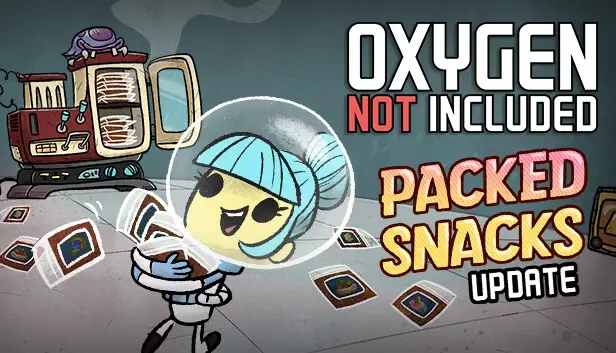

Trade-in deals mostly suck around here. I hand my ‘old’ phones down to friends and family, who hand theirs down to their kids. Their kids usually get a ‘new’ phone when their old one has stopped working or is really, really showing its age. I assume this system is representative of a quite sizeable part of society, so I’m not sure how much to read into those trade-in statistics.



It’s what they should do really. Make the consequences of the law as visible as possible.